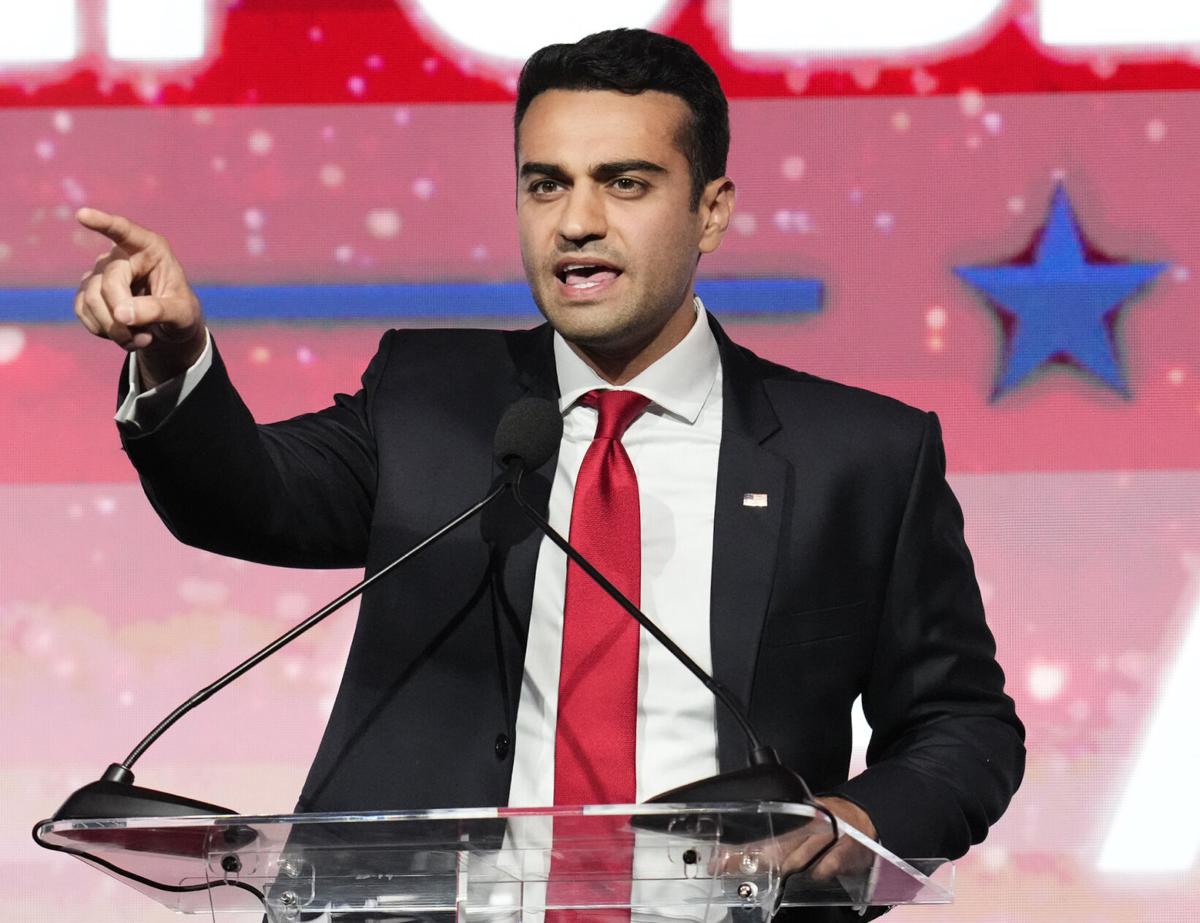Abe Hamadeh will get a chance to argue he’s entitled to a new trial in his bid to overturn November’s election for attorney general.
Mohave County Superior Court Judge Lee Jantzen set a hearing for May 16 to let Hamadeh’s lawyers present their claim there is new evidence that some votes were not counted.
The lawyers also want Jantzen to allow a full inspection of all ballots, something the judge denied when he first ruled in December that Democrat Kris Mayes indeed defeated Republican Hamadeh in the race.
The new order doesn’t mean the judge ultimately will agree to grant a new trial, much less that he would either declare Hamadeh the winner over Mayes, who has now been in office for 100 days, or require a new election.
Hamadeh’s attorneys point to problems found during a recount of votes in Pinal County.
Officials there took a closer look at some of the ballots after a mandatory recount produced 507 ballots that apparently were not counted the first time around. Hamadeh picked up 392 of those. That wasn’t enough to close the gap with Mayes, who was declared the winner by just 280 votes statewide out of more than 2.5 million ballots cast.
Pinal County election officials have since blamed the disparity on human error.
Now the lawyers who represent Hamadeh, the Republican National Committee and two voters want Jantzen, who limited their ballot inspections ahead of the first trial, to reopen the case.
The Pinal County hand recount found some voters marked their choices with an “X’’ or a slash through names of their chosen candidates. Those marks were not recognized by the automatic tallying equipment, but the hand review was able to determine each voter’s intent.
Attorney Tim La Sota argues there were probably Election Day ballots from Maricopa County with similar issues.
He also is citing “undervotes,’’ meaning ballots where people voted for other candidates but seemingly skipped the race for attorney general. There were approximately 90,000 more ballots cast than those on which voters made a choice in that race.
He said only an examination of those ballots will determine if people really skipped that race — the same thing happened in the races for governor and secretary of state — or if the machines simply missed counting the votes.
At the first trial, Jantzen allowed Hamadeh’s legal team to inspect about 2,300 ballots based on laws governing election challenges.
Out of that, the judge concluded, there were just 14 ballots with unclear markings where there could be some question whether a vote should have been counted for Hamadeh or Mayes.
“There isn’t enough information — I don’t think even slight information — the election was done illegally or incorrectly,” the judge said in December.
Get your morning recap of today's local news and read the full stories here: http://tucne.ws/morning





